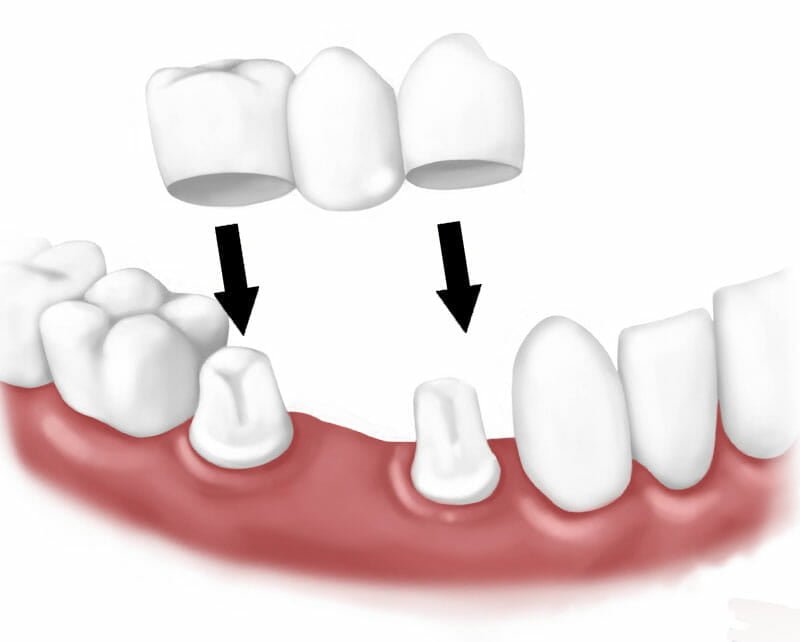8 Clove Tooth Pain Remedies For Fast Relief
Toothaches can be a real nuisance, disrupting our daily lives with their throbbing pain and discomfort. While it’s always best to consult a dentist for proper diagnosis and treatment, there are some home remedies that can provide fast relief from tooth pain. One such remedy that has been used for centuries is clove oil, derived from the clove tree (Syzygium aromaticum). Clove oil contains a compound called eugenol, which has natural analgesic and anti-inflammatory properties, making it an effective remedy for toothaches. Here are 8 clove tooth pain remedies for fast relief:
1. Clove Oil and Coconut Oil Mix
Mix a few drops of clove oil with coconut oil and apply it directly to the affected tooth using a cotton swab. The combination of clove oil’s analgesic properties and coconut oil’s antimicrobial properties can help reduce pain and prevent infection. This method is especially useful for relieving tooth sensitivity.
Always dilute clove oil with a carrier oil like coconut or olive oil, as undiluted clove oil can be too potent and potentially irritate the gums or tooth pulp.
2. Clove and Saltwater Rinse
Add a few drops of clove oil to warm saltwater and use it as a mouthwash. The salt helps reduce swelling, while the clove oil numbs the pain. This rinse can be particularly helpful for gum infections or abscesses.
3. Clove Tea
Steep a teaspoon of whole cloves in a cup of boiling water for 5-7 minutes. Strain the mixture and let it cool. Use the cooled clove tea as a mouthwash or apply it directly to the painful area with a cotton ball. Clove tea can provide soothing relief to toothaches without the fuss of mixing oils.
4. Clove and Baking Soda Paste
Mix baking soda with a few drops of clove oil to form a paste. Apply this paste to the affected tooth using a cotton swab. The baking soda helps neutralize acid and reduce pain, while the clove oil provides its analgesic benefits.
How to Make Clove and Baking Soda Paste:
- Mix 1 teaspoon of baking soda with 2-3 drops of clove oil.
- Apply the paste directly to the tooth with a cotton swab.
- Leave it on for 5-10 minutes before rinsing with warm water.
5. Whole Cloves
Place a whole clove near the painful tooth and chew gently on it to release its oil. The eugenol in the clove oil can help numb the area, providing quick relief from tooth pain. However, be cautious not to swallow the clove, as it can cause irritation in the digestive tract.
6. Clove Oil and Olive Oil Capsules
For a more targeted approach, fill empty capsules with a mix of clove oil and olive oil. Place the capsule near the affected tooth, allowing the clove oil to seep into the area and provide relief. This method ensures a controlled release of the oil directly where it’s needed.
7. Clove and Garlic
Though it might sound unusual, combining clove oil with crushed garlic can enhance its analgesic effects. Garlic contains compounds with antimicrobial properties that can help combat infections causing tooth pain. Mix crushed garlic with a few drops of clove oil and apply it to the affected area using a cotton swab.
8. Clove Oil and Aloe Vera Gel
Mix a few drops of clove oil with aloe vera gel. Aloe vera is known for its soothing and healing properties, making it a perfect complement to clove oil’s pain-relieving effects. Apply this mixture to the tooth and surrounding gum area for relief from pain and inflammation.
Can clove oil remedy tooth pain permanently?
+Clove oil can provide temporary relief from tooth pain but does not address the underlying cause of the pain. For a permanent solution, it's essential to consult a dentist to diagnose and treat the root cause of the toothache.
How often can I use clove oil for tooth pain relief?
+Clove oil can be used as needed for tooth pain relief. However, if the pain persists or worsens, discontinue use and consult a dental professional for proper diagnosis and treatment.
In conclusion, while clove oil and its various combinations can offer fast relief from tooth pain, they should never replace professional dental care. Regular dental check-ups and good oral hygiene practices are crucial for preventing toothaches and maintaining overall dental health. If you experience frequent or severe toothaches, consult with your dentist to address the underlying cause and develop a comprehensive treatment plan.


